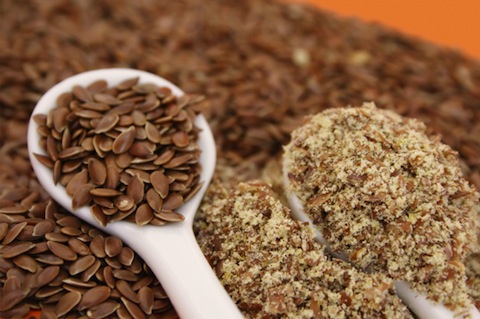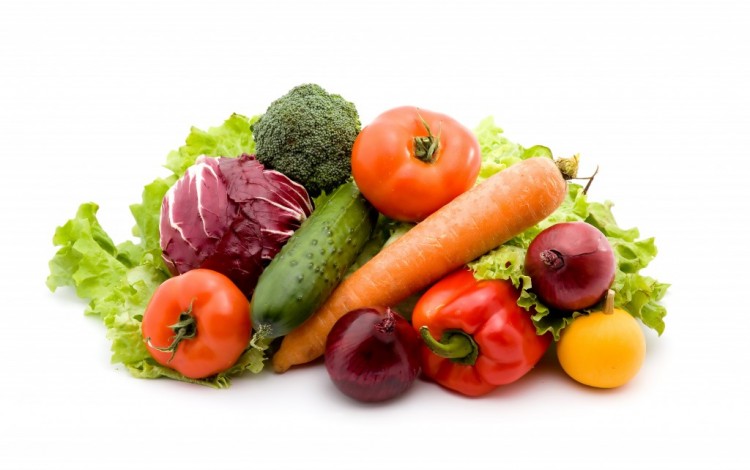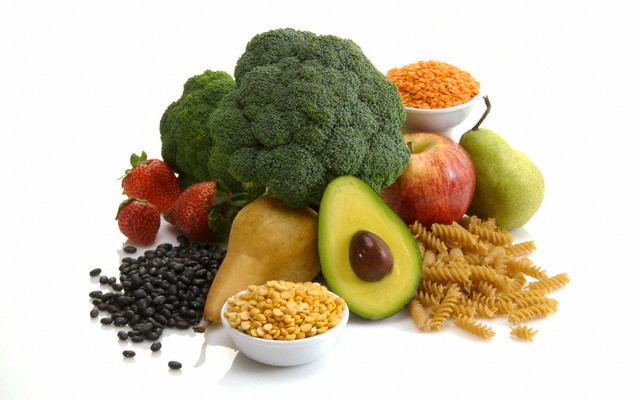
The word ‘fibre’ frequently appears on cereal boxes and other packaged foods, yet many of us do not realise the importance of fibre in our diets for long-term health, weight control and disease prevention. Studies show that the vast majority of people do not eat nearly enough dietary fibre everyday.
So what is fibre?
Fibre is the part of plants that digestive enzymes cannot break down, though some is digested by bacteria in the colon. Most of it passes the entire way through the digestive system undigested. Fibre is found exclusively in plants as there is none in animal foods like meat, milk and eggs. It is calorie free, and because fibre absorbs water, it expands and helps us to feel fuller for longer and this benefits those trying to lose weight. Foods that is high in fibre also help to slow down the release of sugars in food by slowing down glucose absorption in the bloodstream and controlling blood sugar levels. This can help to control diabetes. Unlike whole fruits, fruit juices contain no fibre which is why they can promote unstable blood sugar levels and weight gain. High fibre foods are important for good health and eating more foods rich in fibre helps prevent constipation and to safeguard against other bowel problems. As there is plenty of fibre in whole plant foods such as fruit, vegetables, beans, lentils and whole grains, there should be no need to add extra fibre to your diet via supplements and processed foods.
We should all aim to eat a minimum of 24 grams of fibre daily. Studies have shown that eating more fibre dramatically decreases the risk of colon cancer. A huge 2003 study conducted by the European Prospective Investigation into Cancer and Nutrition (EPIC), collected data from 519,000 Europeans on fibre intake on colorectal cancer, and discovered that those who eat the most dietary fibre (34g per day) had a 42 percent lower risk of colorectal cancer than those consumed the least fibre (13g per day).
There are two main types of fibre, soluble and insoluble, and we need to eat foods that contain both to maintain a healthy digestive system.
Soluble Fibre can be digested by the body and can help to reduce the amount of cholesterol that in the blood. Beans, oats, and lentils are good sources of soluble fibre. Soluble fibre dissolves in the gut to form a jelly like substance. This fibre slows down the release of glucose into the blood stream. Soluble fibre in beans, lentils and oats help slow the digestion of food and therefore slow the blood sugar response. Insoluble fibre cannot be digested. It passes through your gut without being broken down, and it helps other foods to move through your digestive system more easily.
Insoluble Fibre keeps your bowels healthy, and helps prevent constipation, and other painful digestive problems. Foods containing soluble fibre include fruits such as bananas and apples, root vegetables such as carrots and potatoes, golden linseeds, oats, barley, rye and Psyllium (available in health food stores). Foods containing insoluble fibre include wholegrain bread, bran, wholegrain cereals, nuts and seeds, unprocessed whole foods and the rough part of fruit & vegetables.

Dietary fibre lowers cholesterol levels and excess hormones in the body, and attaches to and deactivates dangerous cancer-causing substances. By continuously removing toxic matter out of the intestines, it can also prevent unhealthy bacteria from excessively breeding in the colon which hugely benefits overall health. Fibre is also essential for portion control, and therefore a huge help to those trying to shed a few pounds. By filling up on fresh, natural, whole plant foods, we can eat abundantly and never feel deprived because these foods have heaps of essential vitamins, minerals and filling fibre. Rather than spending money on expensive laxatives, most people simply need to increase their intake of fruit and vegetables for a properly functioning and healthy digestive tract. However, if you are trying to increase your intake of fibre, it is important to increase it gradually. A sudden increase can make you produce more wind, leave you feeling bloated, and cause stomach cramps. It is also important to make sure that you drink plenty of fluid. You should drink approximately 1.2 litres (six to eight glasses) of fluid a day, and more when you are exercising or in hot weather. If you have constipation it is important to increase your water intake as well as your fibre intake, plus some light exercise helps to get things moving again.
It is so simple to increase your intake of fibre everyday by choosing to include more fruit and vegetables, flaxseeds, beans, legumes and healthy whole grains in your diet and less animal foods. Make that commitment to your health today and reap the many long-term benefits.

